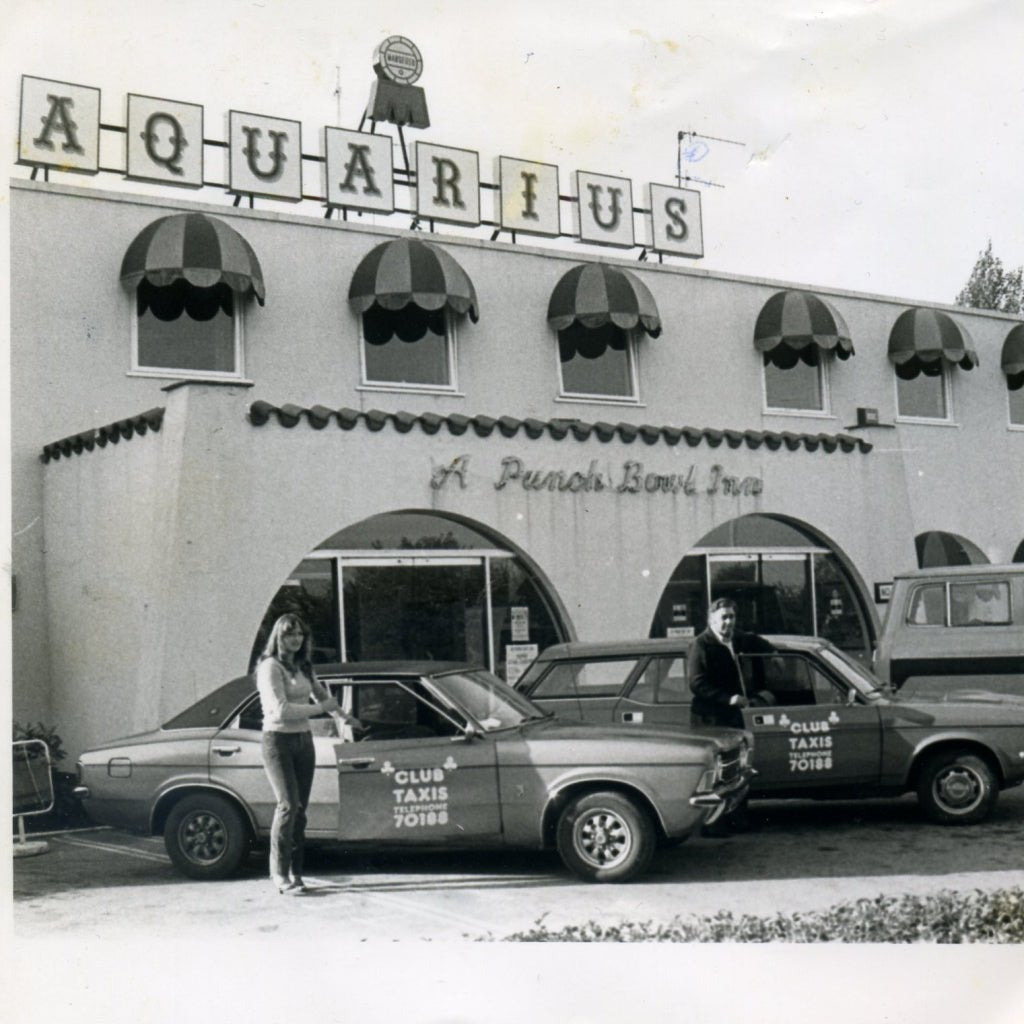Though people talk about the golden years of the cabaret and Working Men’s Club circuit of the 1970s and early 1980s, it definitely was anything but plain sailing for venues and their resident musicians – especially when things like the three day week and the Miners’ Strike left punters with little money to go out. Though venues were operating at a capacity virtually unheard of when compared to the present day, the period was littered with industrial strife, political turmoil and recession.Drummer Mike Hayes worked through the whole period at venues spanning Chesterfield’s Aquarius to the Fiesta – then the biggest nightclub in Europe - and he says it’s often a side of clubland that’s forgotten.
“It was a weird experience for all of us to be sat around at home following the onset of things like the three day week, black outs, and riots just down the road from us at Orgeave following the Miners’ Strike of 1984.
I had been resident at Chesterfield’s Aquarius (Mick on’tdrums) with the Mark Stevens Set.When I started Tufty Gordon was on sax before rising to his mega star status when Bernie Clifton left.This was the period when things were truly booming. Full houses every week , jam packed and great shows every night.But you could already see the writing was on the wall for many places.It wasn’t uncommon for jackpot winners at the bingo in the Working Mens Clubs to have to wait for their money – especially when the secretary had new allotment to pay for (I’m sure you get my drift!)The often precarious situation at some venues only needed something like a major strike (and lets face it – it was a weekly occurrence in the 1970s and early 1980s!) to dig into the coffers of their audience and there was trouble.The impact of the three day week seriously affected the Aquarius in Chesterfield – without a doubt one of the more successful cabaret clubs in the UK that lasted right into the 1990s.Manager John Williamson had a serious dilemma. Not only were we fully booked to back a lot of the acts, we were on more than 25 quid noon and night.I remember the Sunday band call at the club went on as though nothing was untoward but the sense of uneasy calm didn’t last.About halfway through our show preparation, manager John Williamson called band leader Mark Stevens for a sit down to discuss strategy.
As the club was only going to open three days one week and 4 the next they proposed they would pay us for three nights one week and four the next.Our rebuttal didn’t give much room for manoeuvre. “Pay us what we’re contracted to do as we are seven nights and Sunday band call with no cancellations”.Club reply: “We can’t survive doing that.”Band Leader proposal: “OK, you might be better off finding another band”.
Club reply: “Do you know anybody?”
Band leader reply: “I’m sure there are loads out there itching to work here when needed.”
Club reply: “Erm how long notice can you give?”
Band leader: “Ten.”
Club reply: “Ten days?”
Band leader reply: “No, ten weeks?”
A little later John Williamson returned with an interesting solution.
“I spoke to my Dad [the big boss] and he said please don’t leave. We have to find a way to keep your wages intact .
“We have a solution. If the band would come in every day we are closed and repaint the club, all will be just fine.”
I kid you not! So it definitely wasn’t all glamour being a musician in the so called golden years of clubland! And yes, they did paint it!* More of Mike Hayes' story is contained in our 'Dirty Stop Out's Guide to Working Men's Clubs'.



